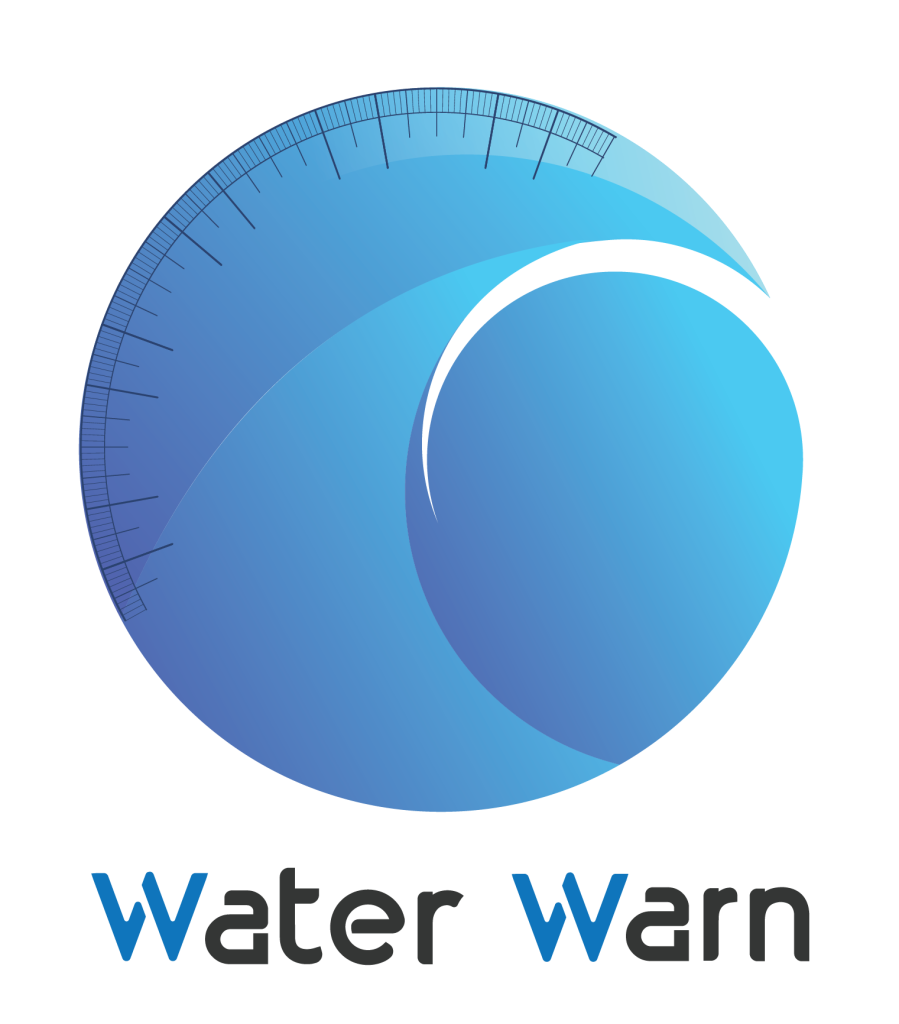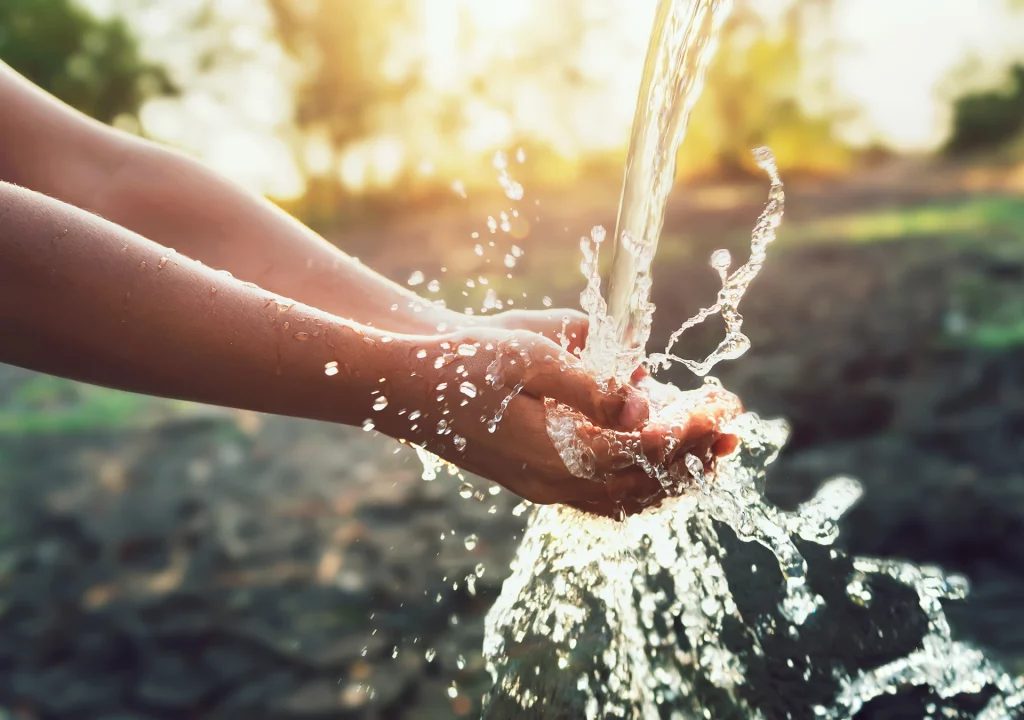Water, the essence of life, is a finite resource that demands our conscious effort in preservation and responsible usage. With increasing concerns about water scarcity and environmental impact, managing water consumption has become paramount. In this blog, we explore various ways to manage water consumption, promoting a sustainable and eco-friendly approach.
1. Install Water-Saving Appliances: The First Line of Defense
One of the most effective ways to manage water consumption is by installing water-saving appliances. High-efficiency toilets, low-flow showerheads, and smart faucets are designed to minimize water usage without compromising functionality. These appliances not only contribute to water conservation but also result in lower utility bills, making them a win-win solution for both homeowners and the environment.
2. Fix Leaks Promptly: The Drip Drip Effect
A seemingly minor leak can have a significant impact on water wastage over time. According to the Environmental Protection Agency (EPA), household leaks can waste more than 10,000 gallons of water annually. Regularly check for and promptly fix leaks in faucets, pipes, and irrigation systems. A quick response to leaks not only saves water but also prevents potential damage to property and infrastructure.
3. Embrace Xeriscaping: Landscaping for Water Efficiency
Traditional landscaping can be a major contributor to excessive water use. Xeriscaping, a water-efficient landscaping approach, minimizes the need for irrigation by using native plants, mulch, and strategic design to conserve water. By adopting xeriscaping principles, homeowners can create beautiful and sustainable outdoor spaces that thrive with minimal water input.
4. Implement Rainwater Harvesting: Nature’s Gift
Harnessing the power of rainwater is an ingenious way to manage water consumption. Rainwater harvesting systems collect and store rainwater from roofs or other surfaces, providing a supplementary water source for non-potable uses like irrigation and outdoor cleaning. These systems reduce reliance on traditional water sources and promote a more sustainable water cycle.
5. Upgrade to Smart Irrigation Systems: Precision Watering
Traditional irrigation systems can often lead to overwatering, resulting in water wastage and potential harm to plants. Smart irrigation systems, equipped with sensors and weather data integration, deliver water precisely when and where it’s needed. These systems optimize watering schedules based on real-time conditions, conserving water and promoting healthier landscapes.
6. Practice Mindful Water Use: Small Actions, Big Impact
Simple changes in daily habits can collectively make a significant impact on water conservation. Turn off the tap while brushing teeth, fix running toilets promptly, and run washing machines and dishwashers only when they are full. Being mindful of water use in everyday activities contributes to a culture of conservation that extends beyond individual actions.
7. Educate and Raise Awareness: The Ripple Effect
Education plays a vital role in fostering a culture of water conservation. Communities, schools, and businesses can engage in awareness campaigns to educate individuals about the importance of water conservation and provide practical tips for managing water consumption. When people understand the value of water and the impact of their actions, they are more likely to adopt water-saving practices.
8. Invest in Water Monitoring Technology: Data-Driven Conservation
Technological advancements offer innovative solutions for managing water consumption. Smart water meters and monitoring devices provide real-time data on water usage, helping users identify patterns, detect leaks, and make informed decisions about water usage. This data-driven approach empowers individuals and organizations to optimize their water management strategies.
9. Participate in Water-Efficient Programs: Community Collaboration
Many communities and municipalities offer water-efficient programs and incentives to encourage responsible water use. These programs may include rebates for water-saving appliances, educational workshops, and community initiatives. By actively participating in such programs, individuals contribute to collective efforts in sustainable water management.
10. Support Water Conservation Policies: Advocacy for Change
Advocacy for water conservation policies at local, regional, and national levels is crucial for sustainable water management. Supporting and promoting policies that incentivize water-efficient practices, regulate water usage, and prioritize environmental conservation can drive systemic change and contribute to a more water-resilient future.
In conclusion, managing water consumption is a shared responsibility that extends from individual households to entire communities. By implementing these diverse strategies, we can collectively work towards a more sustainable and water-efficient future. Every drop saved today contributes to the preservation of this precious resource for generations to come.

